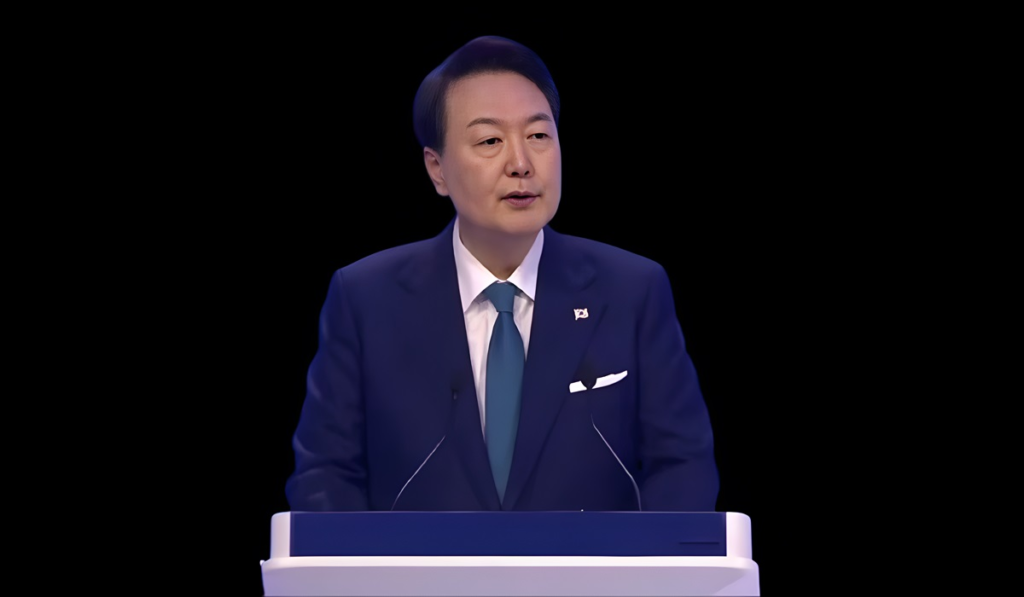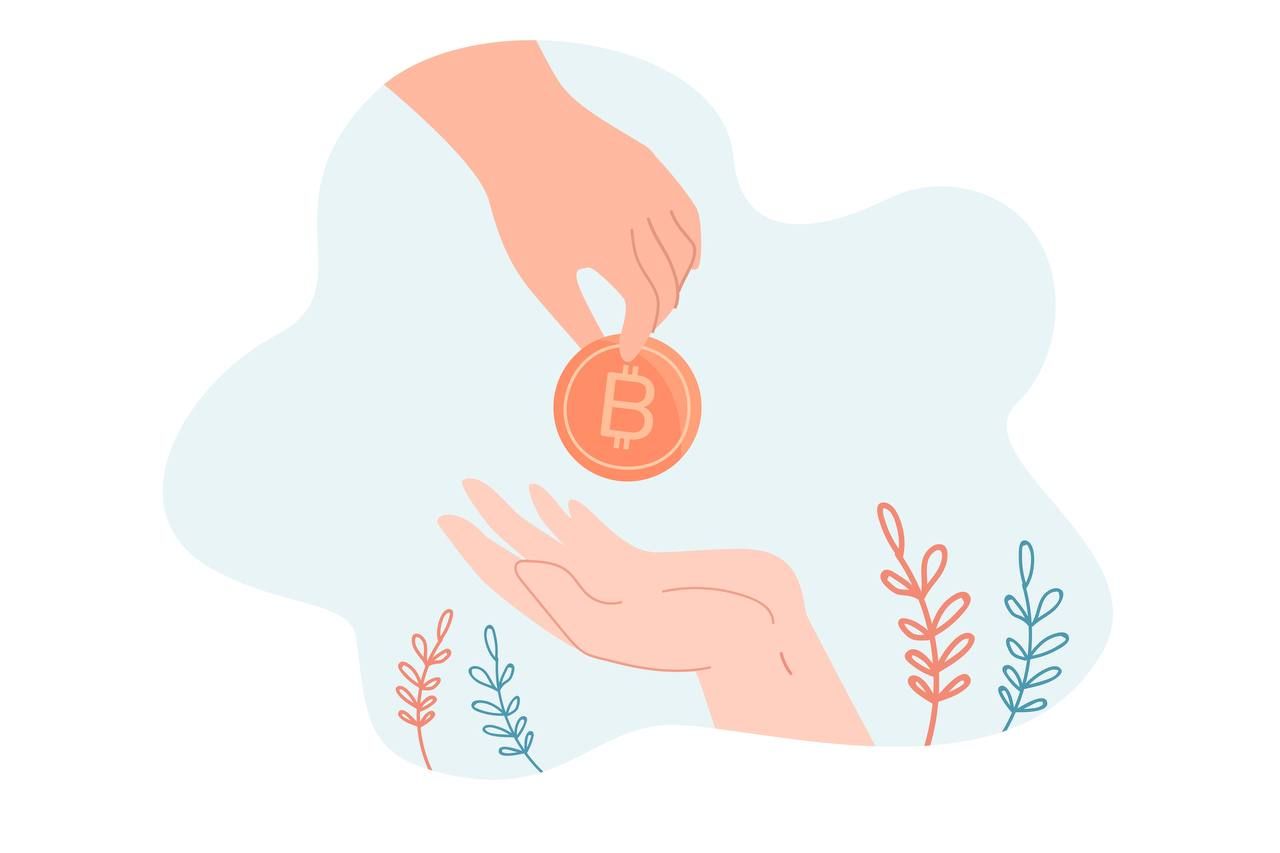South Korea is facing an unprecedented political storm following the issuance of an arrest warrant for President Yoon Suk Yeol. The judiciary’s decision marks a dramatic escalation in the country’s unfolding crisis, which began weeks ago when Yoon controversially declared martial law in response to mass protests and growing civil unrest. While the official justification for the warrant points to allegations of corruption and abuse of power, the reality appears far more entangled in the fallout from Yoon’s authoritarian measures and his rapidly deteriorating relationship with the National Assembly.
The declaration of martial law, which effectively mobilized military forces to suppress dissent, was met with fierce backlash from opposition lawmakers and the public. Parliament acted swiftly, initiating impeachment proceedings that Yoon narrowly survived. However, the damage was done—while impeachment failed, the legislature voted to strip him of significant executive powers, leaving him a lame-duck president in all but title. The warrant for his arrest appears to be the judiciary’s attempt to address lingering public anger and institutional distrust toward Yoon’s administration.
This raises pressing questions about the legality and implications of the court’s actions. Can South Korea’s judiciary, even under the banner of upholding the rule of law, legally detain a sitting president? The nation’s constitution provides for presidential immunity during a term in office, barring extreme cases like impeachment. Yet with Yoon’s authority diminished and much of his cabinet sidelined or resigning in protest, the lines between executive privilege and accountability have blurred.

South Korea’s history is no stranger to post-presidential prosecutions. Former leaders such as Park Geun-hye and Lee Myung-bak faced legal consequences after their terms ended. But never before has a sitting president been the target of judicial action at this level. If the courts proceed, South Korea risks plunging into deeper political chaos. Yoon’s supporters decry the arrest warrant as a “soft coup” orchestrated by opposition forces leveraging the judiciary to bypass electoral processes. Meanwhile, his critics argue that failure to hold him accountable could undermine South Korea’s democratic institutions, emboldening future leaders to overreach their authority.
What happens next is far from certain. Will Yoon willingly comply with the arrest order, or will his diminishing circle of allies attempt to defy the court? Could this spark further unrest, leading to another attempt at impeachment or even his forced removal? And if Yoon’s legal troubles escalate, what precedent does this set for South Korea’s fragile balance of power between the executive, legislative, and judicial branches?
Ultimately, this crisis exposes critical vulnerabilities in South Korea’s political framework. The nation now faces a reckoning not only with Yoon Suk Yeol’s presidency but with the broader question of how resilient its democracy truly is when confronted by authoritarian tendencies within its highest office. The days ahead will determine whether South Korea emerges stronger, reaffirming the supremacy of law, or if it tumbles deeper into a constitutional crisis from which recovery will be long and arduous.
-
Nigeria’s Air Peace Spreads Its Wings to London – A Milestone in African Aviation.
This content is restricted to site members. If you are an existing user, please…
-
Salah’s Holiday Controversy: Christmas Tree Sparks Debate Amidst Plea for Global Peace.
Each festive season, Mohamed Salah manages to ignite a holiday controversy, and this year…
-
Putin threatens Finland over NATO membership
In a recent episode of the Moscow Kremlin Putin program, Russian President Vladimir Putin…
-
Unveiling Austria’s Corporate Sleuths: Private Eyes on Sick Leave
In the picturesque landscapes of Austria, where tradition and modernity intersect, a unique and…
-
Arsenal sells 80 million flop to Turkey
This content is restricted to site members. If you are an existing user, please…
-
BNB Chain Overtakes Solana in Daily Transaction Fee Revenue, Marking a Major Milestone
In a significant shift within the blockchain ecosystem, BNB Chain, closely tied to the…
-
Jack Grealish Heads Manchester City’s Summer Clear-Out as Pep Guardiola Plans Major Squad Overhaul
This content is restricted to site members. If you are an existing user, please…
-
Top Meme Coins to Watch in 2025: A Guide to the Hottest Crypto Trends
This content is restricted to site members. If you are an existing user, please…
-
The Great British Exodus: Why More Brits Are Choosing to Leave the UK.
This content is restricted to site members. If you are an existing user, please…
-
Europe Scrambles to Respond as Trump Administration Moves Forward on Ukraine.
This content is restricted to site members. If you are an existing user, please…
-
GameStop Explores Bitcoin and Crypto Investments Amid Strategic Shift
This content is restricted to site members. If you are an existing user, please…

















